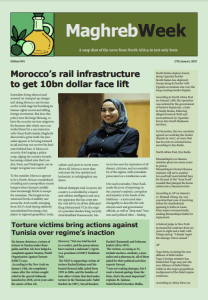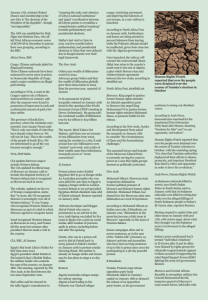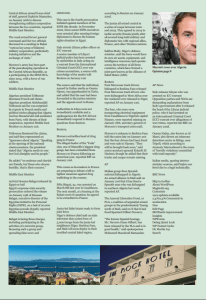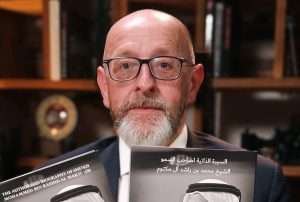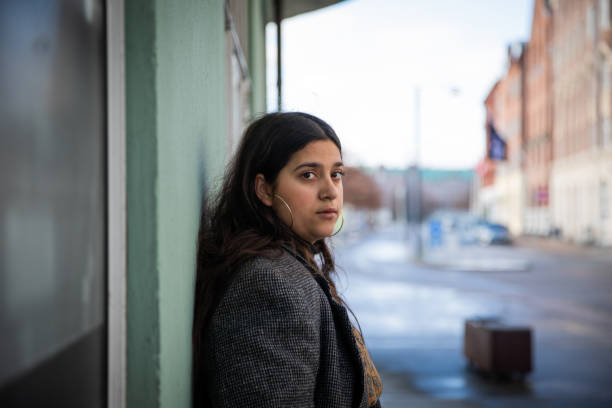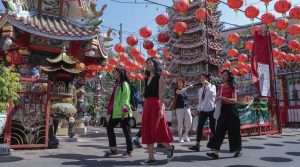Edward Lister: Kabyles’ self-determination recognized as Algeria turns up heat
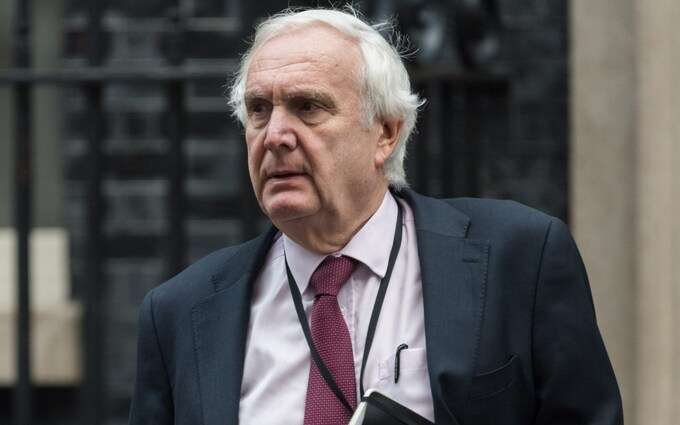
By Lord Lister, former Chief of Staff to the UK Prime Minister, exclusively for Maghrebi.org
In a landmark legal development, the 10 million Kabyle people who live within the current borders of Algeria or self-exile abroad, have been formally recognized as having the right to self-determination under international law, according to a recent Legal Opinion by leading UK barristers. This opinion arrives as Algeria faces mounting criticism for its ongoing crackdown on human rights and civic freedoms, which has intensified in the lead-up to the country’s presidential elections scheduled for September 7, 2024.
The Legal Opinion, issued on September 4, 2024, by Professor Robert McCorquodale of Brick Court Chambers and Ms. Penelope Nevill of Twenty Essex Chambers in London, concluded that the Kabyle people constitute a “people” under international law. This designation grants them the right to self-determination, a fundamental human right enshrined in key international documents such as the United Nations Charter.
READ: Algerian opposition candidates challenge election result
“[T]he people of Kabylia are a ‘people’ under international law. As a consequence, the people of Kabylia have the human right to self-determination under international law,” the Legal Opinion states. This marks the first formal acknowledgment by independent legal experts of the Kabyle people’s status, setting a significant precedent for their movement for self-determination.
The Legal Opinion provides a robust legal basis for the Kabyle claims and could influence future international discussions and decisions concerning their status
The recognition comes as a major boost for the Movement for Self-Determination of Kabylia (MAK), which has long campaigned for greater self-determination. The Legal Opinion provides a robust legal basis for the Kabyle claims and could influence future international discussions and decisions concerning their status.
This historic milestone for the Kabyle people occurs against a backdrop of severe repression in Algeria. Human rights organizations, including Amnesty International, have condemned Algerian authorities for their systematic clampdown on civic space and freedoms, particularly as the presidential elections approach.
Over the past two years, Algeria has seen a troubling escalation in government actions against political dissent. This includes the dissolution of political parties, civil society organizations, and independent media outlets. Amnesty International has highlighted a series of restrictive legal amendments, such as changes to the penal code in April 2024, which have further stifled freedoms.
READ: Dalia Ghanem: What Algeria’s elections really mean for the future
“In recent years, Algeria has experienced a steady erosion of human rights through the authorities’ dissolution of political parties, civil society organizations, and independent media outlets, alongside a spike in arbitrary arrests and prosecutions using trumped-up terrorism charges,” said Amjad Yamin, Deputy Regional Director for the Middle East and North Africa at Amnesty International.
Recent months have seen a surge in arbitrary arrests of political activists and opposition members. On August 6, 2024, Yacine Mekireche, a member of the suspended Democratic and Social Movement (MDS), was arrested over social media posts. Later, on August 20, around 60 political activists from the Rally for Culture and Democracy (RCD) were detained while attempting to commemorate the 1956 Soummam Congress, a key event in Algerian history.
Authorities have also targeted civil society groups, with police disrupting a book signing event in Bejaia on June 29, 2024, and arresting attendees for an alleged unauthorized gathering. Additionally, the Algerian NGO SOS Disappeared has faced repeated obstruction, with police blocking access to their premises on multiple occasions this year.
Journalists have not been spared from the crackdown. The arrests of journalists Merzoug Touati, Mustapha Bendjama, and Farid Alilat illustrate the shrinking space for independent media in Algeria. Social media users and activists, like Rabeh Kadri, continue to face prosecution for their online activities, including criticism of President Abdelmadjid Tebboune’s potential re-election.
READ: The Kabyle: Algeria’s worst kept secret
Amnesty International and other human rights advocates have called on Algerian authorities to end their repressive tactics, release all individuals detained for peacefully exercising their rights, and uphold the freedoms of expression, assembly, and association.
The United Nations Human Rights Committee has emphasized that the right to participate in public affairs is contingent on the open sharing of information and respect for civil liberties. As Algeria moves toward its presidential elections, international scrutiny is likely to intensify, with a growing demand for the restoration of civic space and the protection of fundamental rights.
The Kabyle people’s newly recognized right to self-determination stands as a powerful symbol of resistance against this backdrop of repression, highlighting the ongoing struggle for self-determination and the broader battle for human rights in Algeria.
Want to chase the pulse of North Africa?
Enter your email address and name to receive our weekly newsletter.
